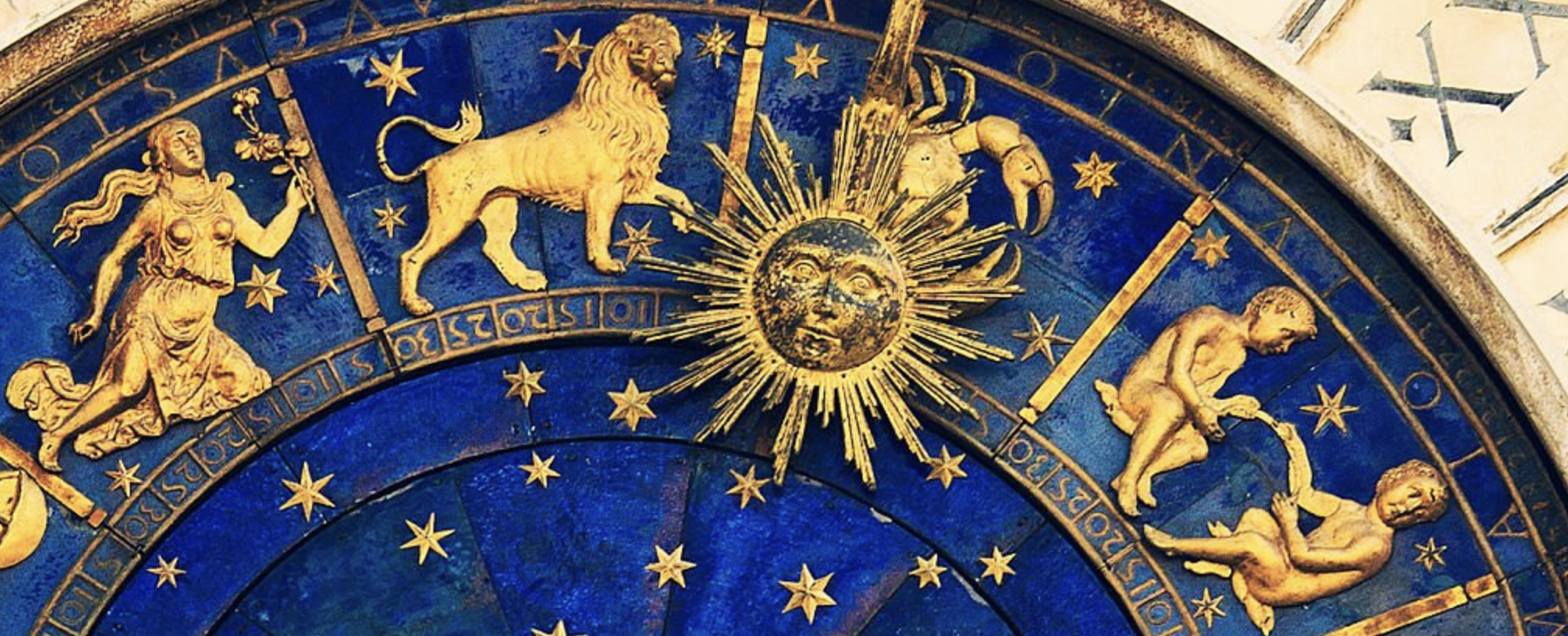Astrology across Cultures – A Comparative Study
Ever since the dawn of civilization, humans have looked to the heavens for answers. Astrology, differing in nature, shape, and credibility across cultures, has been a way to interpret the celestial omens. This post will compare and contrast the practice and interpretation of astrology in a variety of cultures across the world.
Western Astrology – The Zodiacal Wheel
The Western Astrology, the most popular form in the Western hemisphere, stems from the civilizations of ancient Greeks and Romans. It uses the Zodiac wheel that is divided into twelve sections, each representing a sign of the Zodiac, based on one’s birth month. These signs are further assigned specific elements (water, fire, earth, and air), which are believed to shape an individual’s personality traits.
Chinese Astrology – The Lunar-based System
The Chinese Astrology, in contrast, is a lunar-based system where the zodiac signs are assigned not by the month of birth but by the year. This system is based on the 12-year cycle, with each year symbolized by a specific animal, such as the rat, ox, tiger, rabbit, dragon, snake, horse, goat, monkey, rooster, dog, or pig.
Vedic Astrology – The Nakshatras
Vedic Astrology, also known as Jyotisha, hails from India. In this system, astrology is related more to karma and spiritual development than personality attributes. Using lunar constellations called Nakshatras instead of zodiac signs, Vedic Astrology offers a complex system of predictions based on one’s karmic journey.
Mayan Astrology – The Cosmic Energy
The Mayans, viewing astrology as an integral part of their everyday life, read the heavens differently. Babes were often named after the day of their birth, each symbolic of a specific kind of cosmic energy. The year–divided into 260 days, forming 13-day cycles that were associated with different gods –guided not just their astrology but also their agricultural practices.
African Astrology – The Geomantic System
African cultures predominantly practice Geomancy, an earth-based form of astrology. African astrology is very closely tied with nature, using earthly symbols for predictions such as rivers, mountains, and large rocks. The spirits of ancestors are also considered crucial in the reading of an individual’s future.
In Summary
A few cultures included in this discussion offer just a glimpse into the vast array of astrology interpretations worldwide. Despite the differences, a shared curiosity about the celestial bodies and their influence on human life can be observed. Various cultural influences shape the study and practice of astrology, making it an endlessly fascinating and diverse field.
We invite you to delve deeper into this topic and explore the cultural intricacies and richness that astrology worldwide has to offer. Indeed, the stars might guide us all, yet the path we tread is profoundly shaped by our cultural identities.
Do you have an astrology practice special to your culture? Feel free to share in the comments section below. Also, don’t forget to subscribe to our newsletter for more insightful posts like this.
